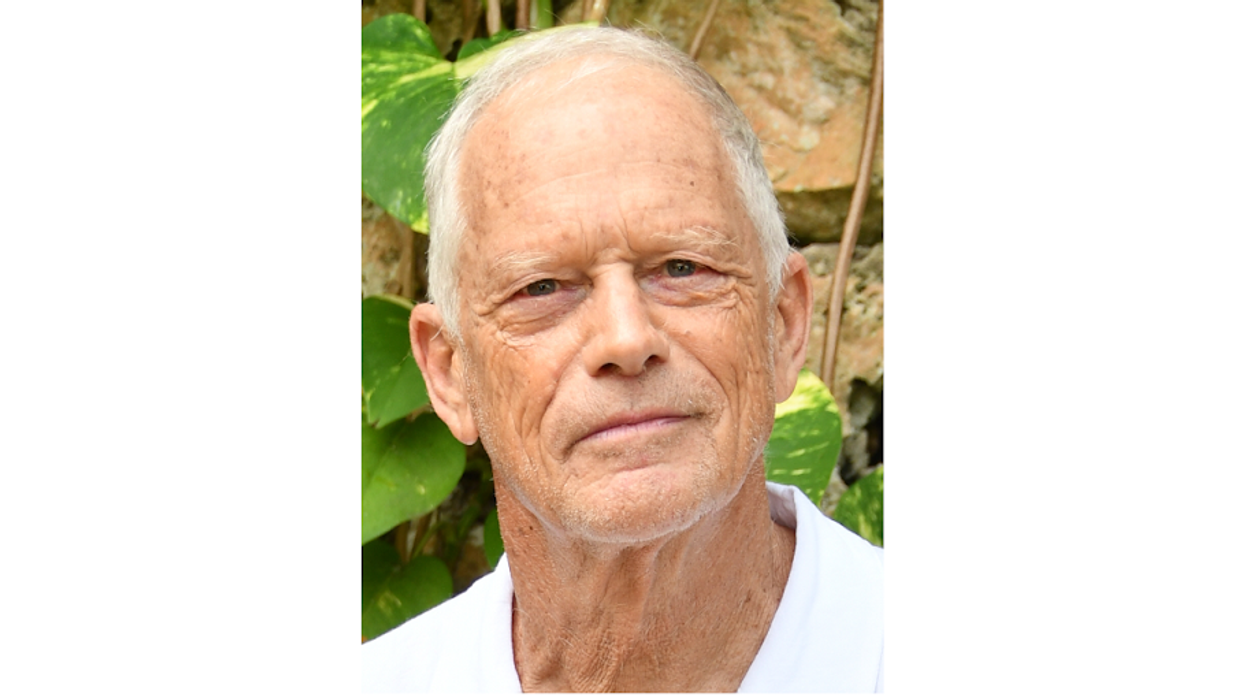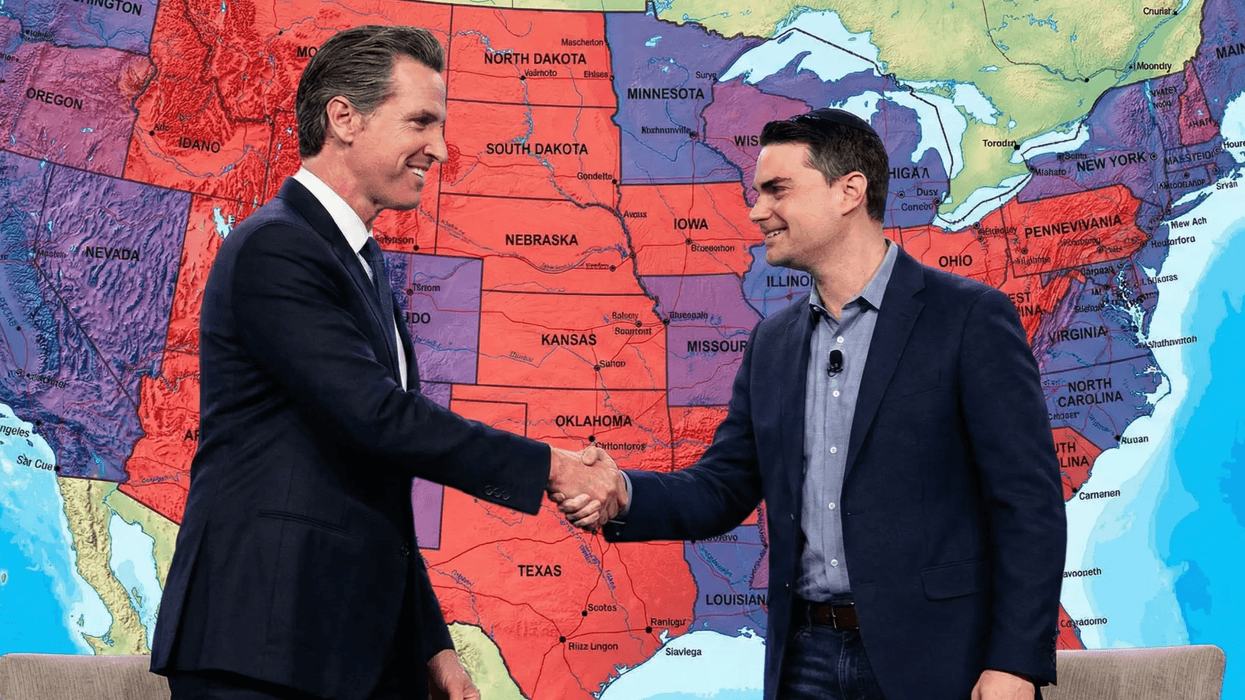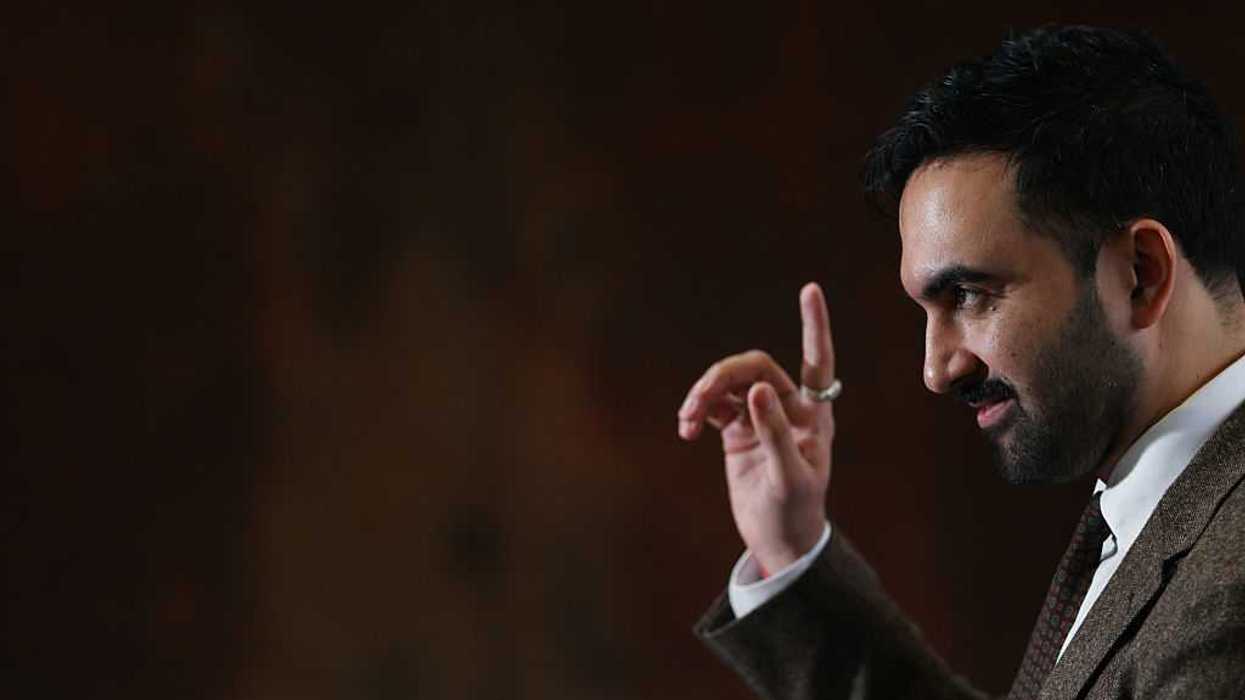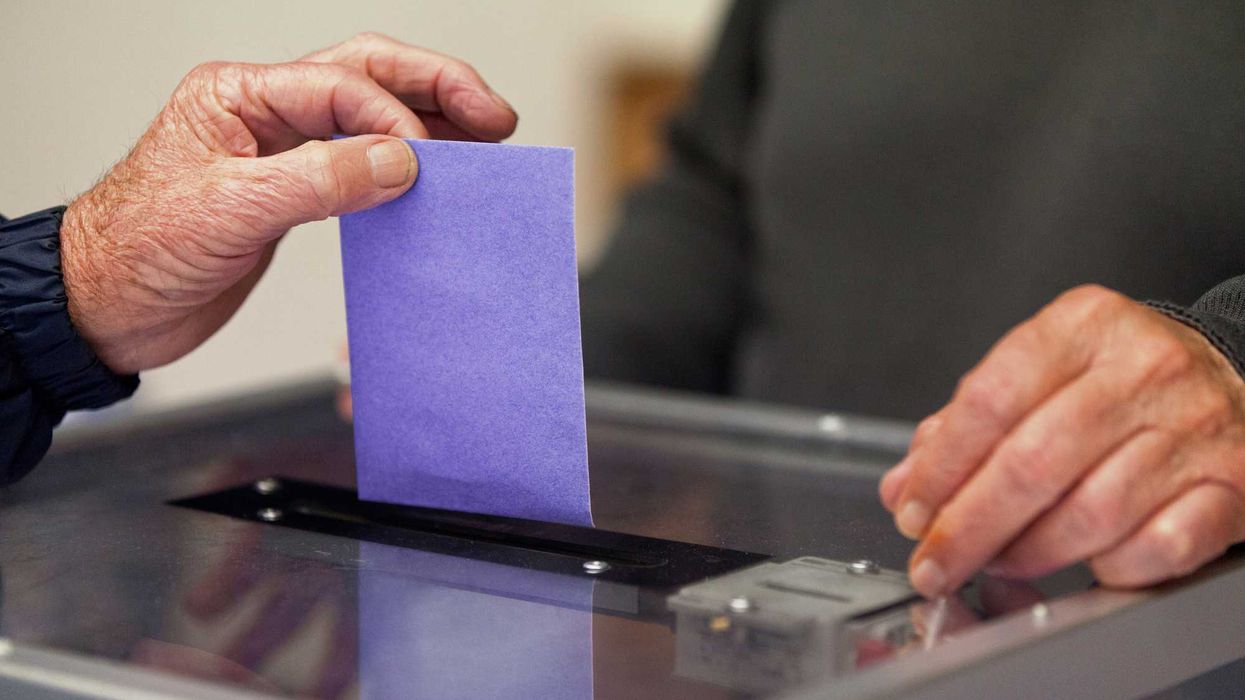Nevins is co-publisher of The Fulcrum and co-founder and board chairman of the Bridge Alliance Education Fund.
Mark Gerzon, president and founder of Mediators Foundation, has specialized in leadership that bridges divides. His concern about the increasing polarization in America led him to devote the past three decades to working on the ideological frontier between the left and right.
In speaking of his work Gerzon, commented:
“Mediators Foundation serves as a lighthouse. It is here to serve not only our own projects but a wider community of common work. Having passed the landmark age of 70, I’m more aware than ever that it is our common, cross-generational work that gives us faith in our future.”
He co-designed and served as the head facilitator for bipartisan congressional retreats in the late 1990s and has spent the following years catalyzing deeper dialogue across the political spectrum. This work led to his most recent book, “ The Reunited States of America, ” which inspired the film “ The Reunited States, ” now playing on Amazon Prime.
As an experienced facilitator in high-conflict zones, he has advised a wide variety of organizations including Congress, multinational corporations and the United Nations Development Program. He is also a leading author of books in the field of conflict transformation, including “ A House Divided ” (1996), “ Leading Through Conflict ” (2006) and “ Global Citizens ” (2010).
Gerzon lives with his wife, Melissa, in Boulder, Colo., and has three sons and eight grandchildren.
To hear Gerzon speak, check out his TedTalk in Vail and another TedTalk in Saltillo, Mexico.
I had the wonderful opportunity to interview Gerzon in late July for the CityBiz “Meet the Change Leaders” series. Watch to learn the full extent of his democracy reform work:
The Fulcrum interviews Mark Gerzon, President and Founder of Mediators Foundationwww.youtube.com




















Trump & Hegseth gave Mark Kelly a huge 2028 gift